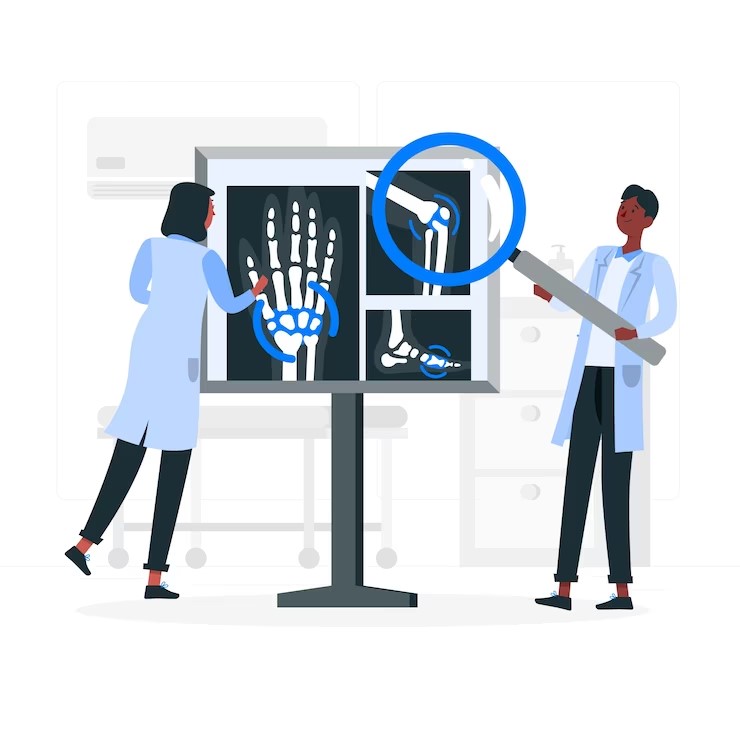Osteoporosis is a significant health concern for women worldwide, and South African women are no exception. This condition weakens the bones, making them more prone to fractures and injuries. However, by understanding the risk factors and adopting healthy lifestyle habits, South African women can take proactive steps to prevent osteoporosis and maintain strong bones. This article presents essential tips for osteoporosis prevention specifically tailored to the needs of South African women.
Understanding Osteoporosis: Osteoporosis is a condition characterized by low bone mass and deterioration of bone tissue, leading to increased fragility and a higher risk of fractures. Women are particularly susceptible to osteoporosis due to factors such as hormonal changes during menopause, lower peak bone mass compared to men, and longer life expectancy.
Risk Factors for Osteoporosis: Several factors can increase the risk of developing osteoporosis. Being aware of these risk factors can help South African women take appropriate preventive measures. Common risk factors include:
- Age: The risk of osteoporosis increases with age, especially after menopause.
- Hormonal changes: Reduced estrogen levels during menopause contribute to bone loss.
- Family history: Having a family history of osteoporosis or fractures can increase the likelihood of developing the condition.
- Inadequate calcium and vitamin D intake: A diet low in calcium and vitamin D can compromise bone health.
- Sedentary lifestyle: Lack of physical activity and regular weight-bearing exercises can contribute to weaker bones.
- Smoking and excessive alcohol consumption: These habits can negatively impact bone health and increase the risk of osteoporosis.
- Certain medications and medical conditions: Prolonged use of corticosteroids, conditions like rheumatoid arthritis, and certain gastrointestinal disorders can affect bone density.
Prevention Strategies for Strong Bones:
- Adequate calcium and vitamin D intake: Calcium is essential for bone health, and vitamin D aids in its absorption. Include calcium-rich foods such as dairy products, leafy greens, and fortified foods in your diet. Spend time outdoors to allow your body to produce vitamin D naturally, or consider taking supplements if necessary.
- Regular exercise: Engage in weight-bearing exercises like walking, jogging, dancing, or resistance training to strengthen bones and improve balance. Aim for at least 150 minutes of moderate-intensity aerobic activity each week, along with muscle-strengthening exercises two days a week.
- Quit smoking and limit alcohol consumption: Smoking and excessive alcohol intake are detrimental to bone health. Quit smoking and moderate your alcohol consumption to protect your bones.
- Maintain a healthy body weight: Being underweight can increase the risk of osteoporosis, so strive for a healthy body weight through a balanced diet and regular exercise.
- Fall prevention: Take measures to prevent falls, as fractures resulting from falls are a significant concern for individuals with osteoporosis. Keep your living space well-lit, remove tripping hazards, and consider using assistive devices if necessary.
- Regular bone density screenings: Discuss with your healthcare provider the appropriate age to start bone density screenings. These screenings can detect bone loss and help identify early signs of osteoporosis.
- Seek professional guidance: Consult with your healthcare provider, who can provide personalized recommendations based on your medical history, lifestyle, and risk factors.
By adopting these preventive strategies, South African women can build and maintain strong bones, reducing the risk of osteoporosis and fractures as they age. It’s important to start early and make bone health a priority throughout your life.
In conclusion, osteoporosis prevention is crucial for South African women to maintain strong bones and reduce the risk of fractures. By understanding the risk factors, adopting a healthy lifestyle, and seeking medical guidance, women can take proactive steps towards optimal bone health and enjoy an active, fulfilling life.










